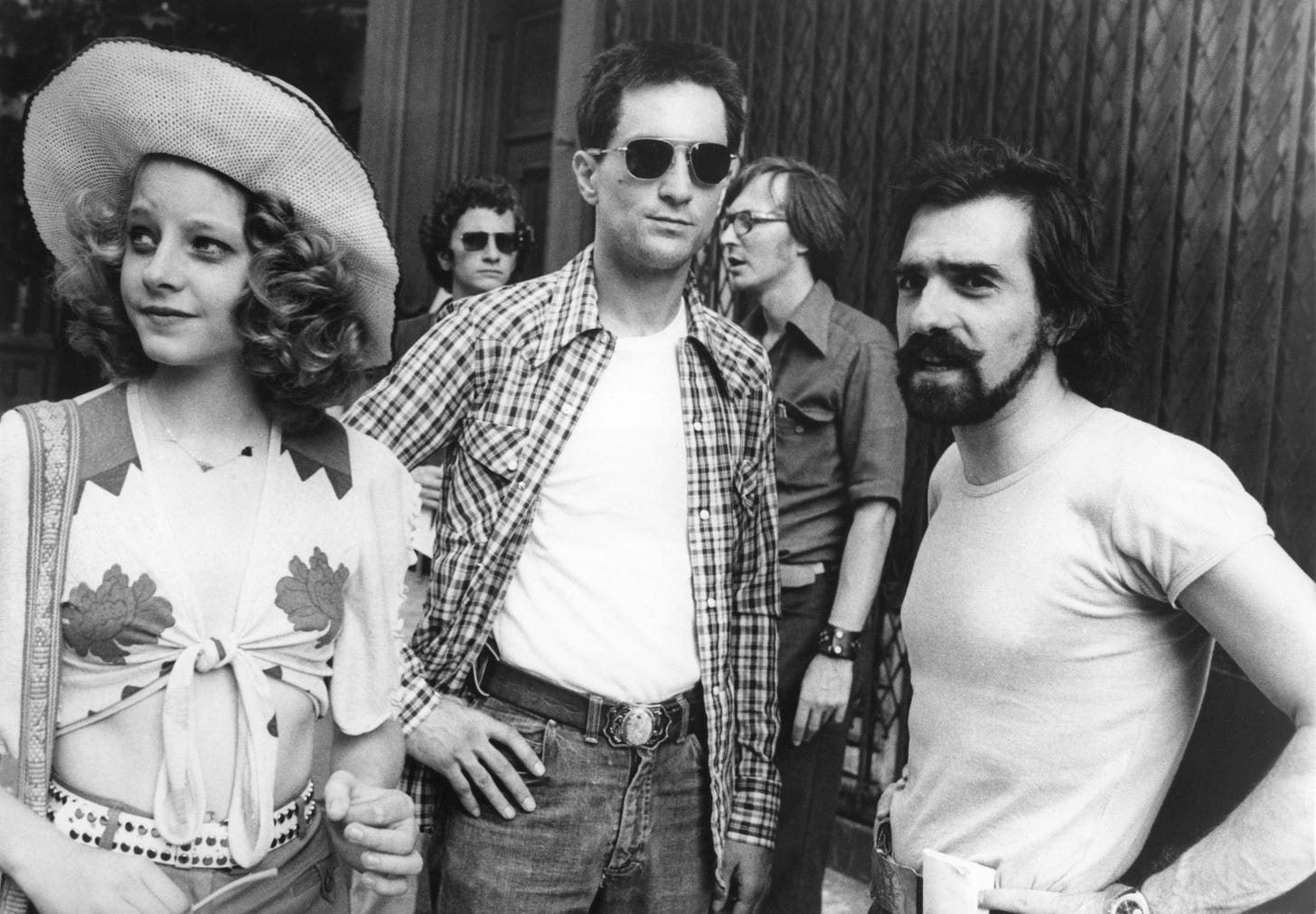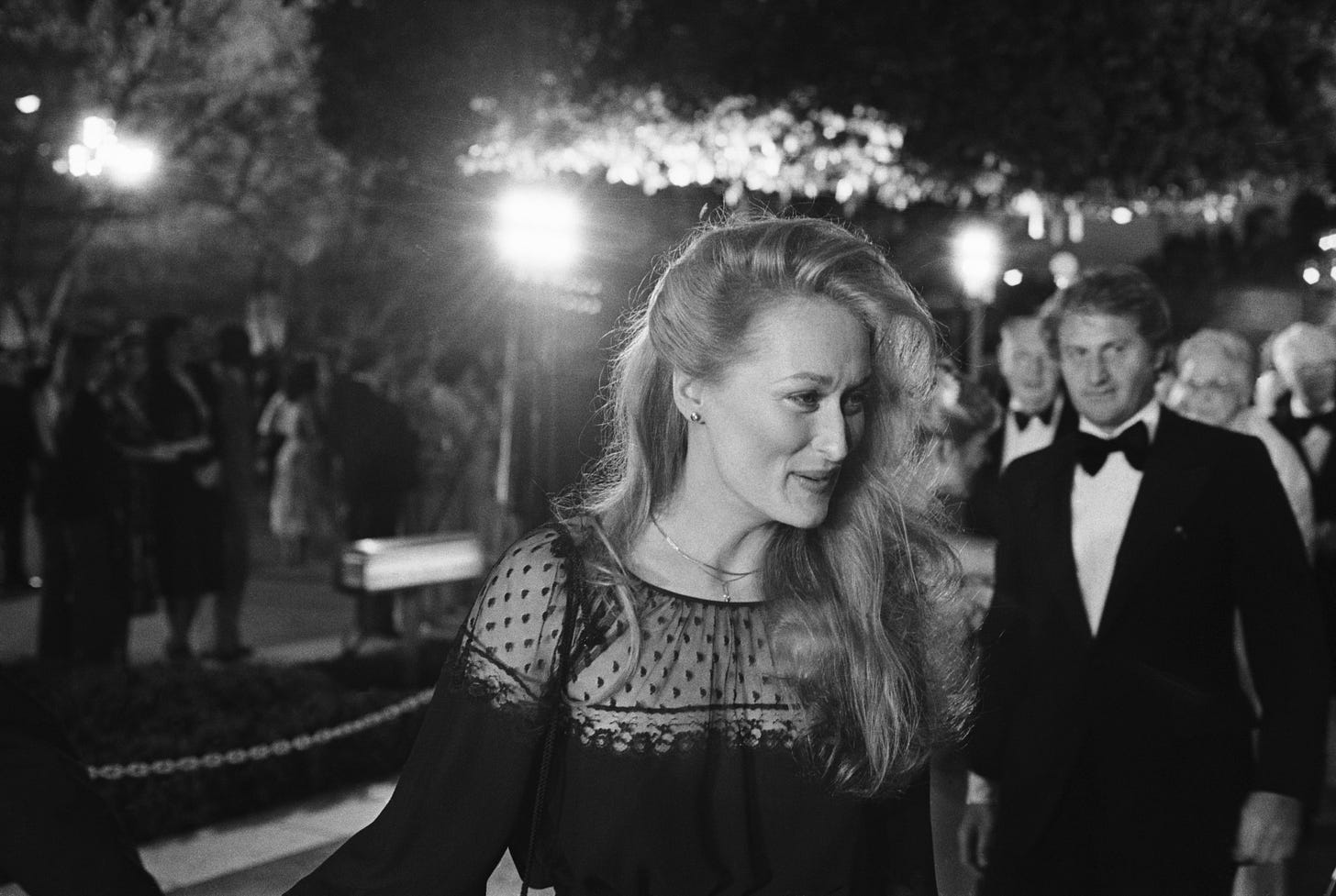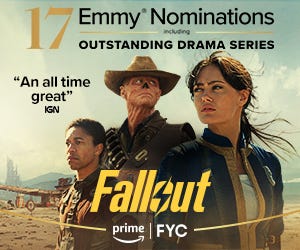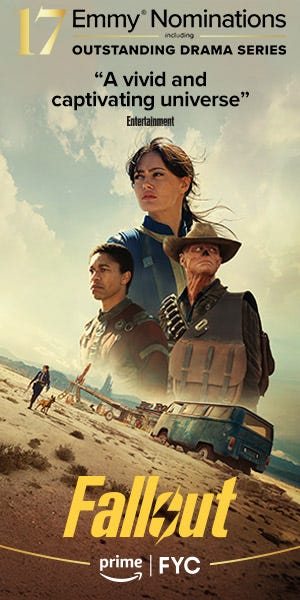
Welcome to Golden Ages, a five-part series this week about four of Hollywood’s most fecund eras, the elements that had to come together for them to produce such iconic work, what went right and why — and, of course, how each ultimately fell apart. Yesterday we covered the 1930s. Today: the 1970s.
Stepping from our own primeval times into what is the dawn of contemporary Hollywood, we come to the next era widely viewed as a Golden Age, considered by many film aficionados as the greatest decade in all film history. We come, of course, to the 1970s.
This story begins in the ashes of the last Golden Age. By the late sixties, several architects of the glory years continued to cling desperately to power as their studios struggled for cultural and financial relevance. How much the world had vastly changed, be damned. Jack Warner, Adolph Zukor and Darryl Zanuck still reigned in various degrees over their fiefdoms, in various states of disrepair, as they still struggled to adapt to television’s arrival.

But various forces were aligning both culturally and financially that were about to upend the now-aged system that produced such wild success two generations earlier. As Peter Biskind, author of Easy Riders and Raging Bulls, the seminal history of film in the 1970s, explains, “At the end of the sixties, the court decree which separated the studios from their theaters had seriously eroded the income of the studios. Plus, most of the studios were run by men who were completely out of touch with the burgeoning youth revolution, precipitated a bit by the Vietnam War. So kids were rioting in the streets and marching and so forth. Meanwhile, Adolph Zukor, who turned 97 in 1970, was running the studio.”
But change was coming. From high to low, art house to grindhouse, we’d experience films that would set the template for modern filmmaking. This explosion of creativity thrust upon Hollywood from below changed the industry forever. On the AFI 100 — as establishment a ranking as we have — 20 of the 100 listed films were released in the seventies, the most of any decade. (And if you take a slightly expanded view of the era, stretching it from Bonnie and Clyde in 1967 to Raging Bull in 1980, a full 28 of the top 100 came out in this Golden Age.)
So what were the keys that propelled this second Golden Age to its dizzying apex? As we’ll see, several elements that defined the first one in the 1930s reappear and were redefined for this era.
Element #1: Variety
The filmmakers of the seventies redefined just about every genre in film. Pick a genre, any genre, and this period has a strong case that it’s the leading contender for producing the best of its kind.
Let’s turn back to AFI and its secondary lists where it rates films by category. Seventies’ movies dominate the top of every one:
Romantic comedy: Annie Hall, Harold and Maude
Love stories: The Way We Were, Love Story
Thrilling films: Alien, Jaws, The French Connection
Funniest films: Blazing Saddles, MASH
Best scores: Star Wars, The Godfather, Jaws, Chinatown
Musicals: Cabaret
Courtroom Drama: Kramer vs. Kramer
Gangster: Godfather I and II
Mystery: Chinatown
Sci-Fi: Star Wars, Clockwork Orange, Alien
Sports movies: Raging Bull, Rocky, Breaking Away
Westerns: McCabe and Mrs. Miller — and both Wild Bunch and Butch Cassidy and the Sundance Kid came out in 1969 and are certainly part of this Golden Age
Best song: “Stayin’ Alive,” “The Way We Were”
Movie quotes “I'm gonna make him an offer he can’t refuse”, “May the Force be with you,” “You talkin’ to me?”
Much as with the 1930s, you can take just the last year of the decade, 1979, and put together a jaw-dropping list of all-timers, any one of which would be the best film of our entire current decade: 10, Alien, All That Jazz, Apocalypse Now, Being There, The Black Stallion, Breaking Away, The China Syndrome, The Great Santini, The In-Laws, The Jerk, Manhattan, Life of Brian, The Muppet Movie, Norma Rae, North Dallas Forty, Real Life, The Rose, Tess, Time After Time.
The question hanging over this moment, of course, is why then and how did it happen? And how could that happen today?
Element #2: Youth
The transition from an old guard to a new influx of talent had perhaps never been as dramatic as it was in the 1970s. As noted, at the decade’s start, the industry was still governed by its original founders and a very sleepy executive class that had presided over stasis in the field. “They’re totally out of touch culturally,” Biskind says of the old guard at the time.





